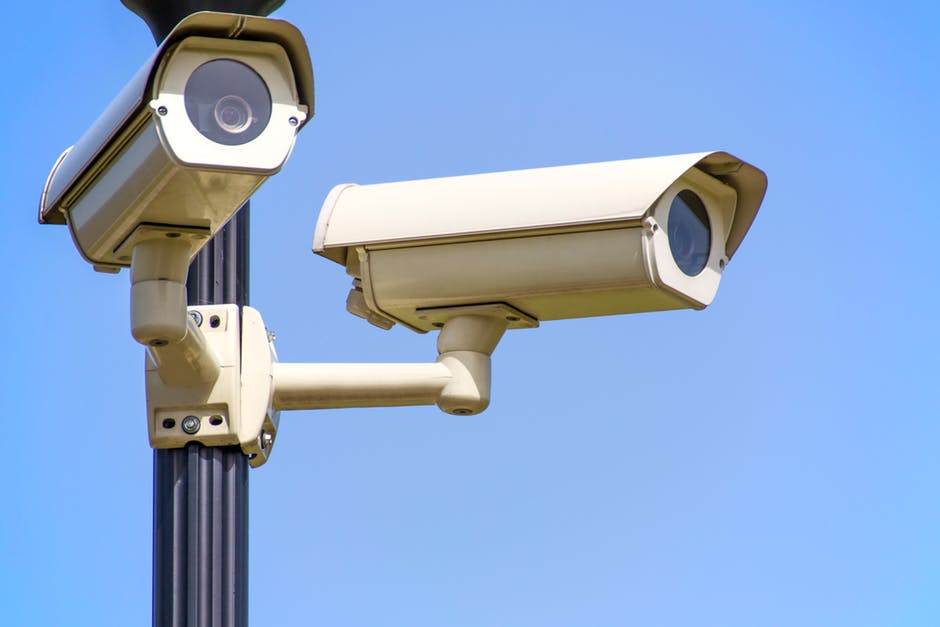On the occasion of RODO, almost at the last minute (Friday, May 11, 2018), the Parliament amended the Labor Code provisions on video monitoring of the workplace premises. Many employers are unaware of this. The changes will take effect on May 25, 2018. - the same as RODO. The topic is completely new, and the changes are very important for all employers using monitoring. Among the changes will be the introduction of Article 22'2 and Article 22'3 to the Labor Code.
The introduction of monitoring will be permitted only if it is necessary to ensure the safety of employees or the protection of property or the control of production, or to maintain the secrecy of information the disclosure of which could expose the employer to harm. Thus, monitoring aimed at, for example, controlling the efficiency of office workers will not be permitted.
The employer will only be able to process the image recordings for the purposes indicated above and keep for a period not exceeding 3 months from the date of recording. Before this period, they should either be destroyed or permanently deleted. Longer storage will only be possible if the recording constitutes evidence for the purposes of the proceedings. This issue becomes problematic for entities recording the production process and storing such recordings for a longer period of time, e.g. for the purpose of investigating complaints concerning the quality of products or their packaging. The law firm recognizing this problem is working on legal solutions that will allow such entities to continue storing monitoring for a longer period of time.
As a general rule, monitoring will not be allowed in sanitary rooms, locker rooms, canteens, and smoking rooms or rooms provided to the company's union organization.
The use of monitoring will be possible only if its rules are specified (objectives, scope, manner, etc.) in a collective bargaining agreement/work regulations/proclamation (if the employer is not covered by a collective bargaining agreement or is not required to establish work regulations).
Employer must inform employees about the introduction of monitoring, no later than 2 weeks before its launch. If monitoring is already in place - no later than 2 weeks before the law comes into effect (25.05.2018). Such information should be given to each new employee in writing before starting work.
The employer is obliged to marking of the premises and the area under monitoring visibly and legibly by means of appropriate signs or audio announcements, not later than one day
Before its launch.
Summary - any employer using monitoring is required to comply with the new regulations - including proper notification to employees, marking of monitored locations and adoption of monitoring regulations - all of which Until 25.05.2018, and partially until 8.06.2018.
We can assist you in complying with the new regulations - especially drafting the regulations in terms of your workplace.
Separately, we would also like to point out that the aforementioned law amended the Labor Code, introducing also to a limited extent the possibility of controlling an employee's business e-mail.
We also point out that monitoring is also a regulated issue RODO, which generates additional responsibilities in this regard. Monitoring should be included in the risk assessment analysis. In case monitoring is accessed by a company that performs real-time security/surveillance service - it is necessary to conclude an agreement with such a company for entrusting the processing of personal data. Monitoring should be disclosed in the Register of Processing Activities and the Security Policy. Only authorized employees can have access to the monitoring material. Introducing monitoring from scratch (when there was none before) may require a risk assessment analysis.






